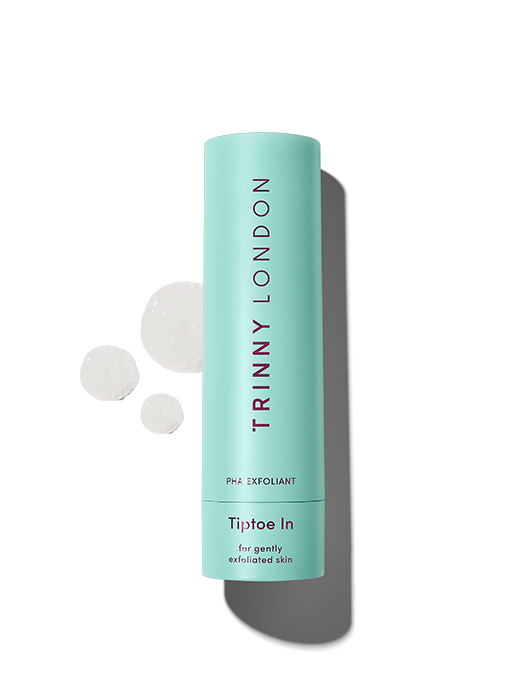
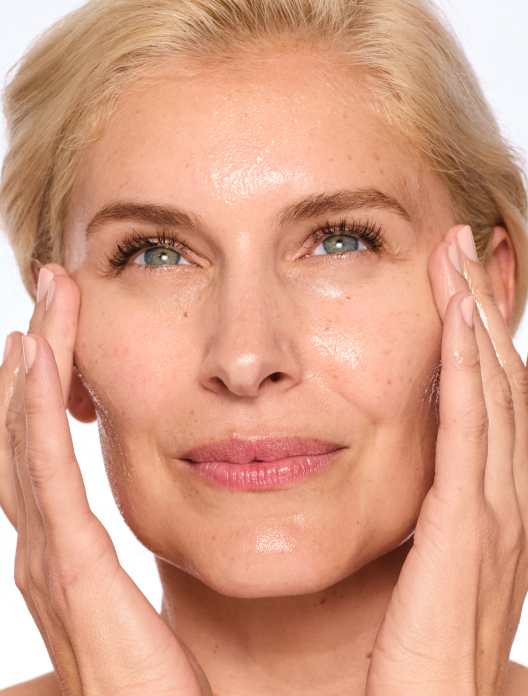
Tiptoe In
Kind-to-skin exfoliant for radiant skin, suitable for all skin types

Learning how to use a liquid exfoliant will reward you with not just a smoother and softer complexion, but a clearer and brighter one too. First things first, you need to suss out which one is right for you.
If this is your first foray into the wonderful world of liquid exfoliants, poly-hydroxy acids are best for beginners and those with sensitive skin. They have a large molecule size, which means they don’t penetrate too deeply into the skin – lessening the risk of irritation. They work diligently on the top levels of your complexion, carefully breaking down the bonds that hold dead skin cells to the surface. Some, like lactobionic acid, are also humectants, meaning they draw in and hold onto water, for extra hydration.
For the acid experts, an alpha-hydroxy acid is the way to go. They’re best suited to skin that is normal to dry and target dehydration and fine lines. Similarly to poly-hydroxy acids, they are water soluble, working on the outside of the skin to dislodge dead skin cells. Where they differ is that the molecule size of alpha-hydroxy acids is slightly smaller, letting them dive deeper in. Many AHAs are also humectants too.
The cousin of PHAs and AHAs is the beta-hydroxy acids. Best for skin that is clogged, congested and blemish prone, think of them as the plunger of the skincare world. The most commonly used, salicylic acid, is oil soluble, allowing it to travel deep into the pore to get rid of dead skin and debris from pores. They work wonders to clear existing breakouts and prevent future ones.
Liquid exfoliants should be applied to dry skin after cleansing. Allow to fully absorb into the skin before moving onto your serum or moisturiser. Not only do liquid exfoliants improve skin in their own way, leaving it looking brighter, they clear the path for your other skincare products. With the route clear of dead skin cells, your serums can penetrate more effectively and work harder. Think of it like driving on a busy motorway versus a quiet one, the fewer cars there are on the road, the quicker and easier your journey will be.
To avoid overwhelming your skin, we wouldn’t recommend using more than one acid at once, even if you have multiple concerns you want to tackle. If you feel like you need more than one exfoliating acid, like a PHA and BHA, use them on alternate evenings.
Yes, you can use a liquid exfoliant every day. The only caveat to this is that you need to build up your usage slowly, starting with just a couple of times a week. Think of it like going to the gym. If, having never been regularly before, you started going to classes every single day, you’d be pretty exhausted and overwhelmed quite quickly. Your skin is the same, and needs time to adjust to new ways of working. The slower you build your exercise regime, the less likely you are to get injured, and the slower you build your exfoliating acid usage, the less likely you are to experience irritation. Once you have sensitised your skin, repairing it is difficult, so always approach new ingredients with caution.
Shop the article


Kind-to-skin exfoliant for radiant skin, suitable for all skin types
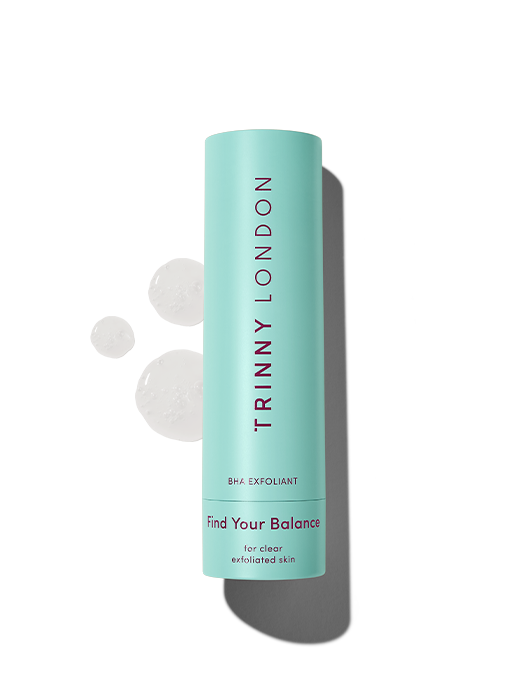
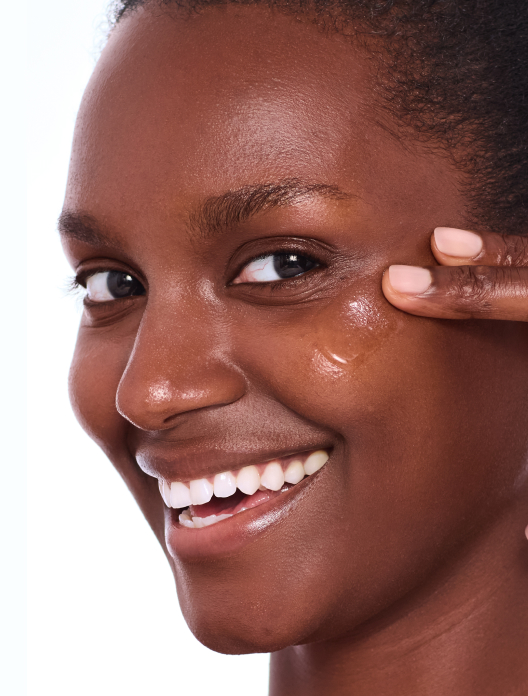
Clarifying complex to tackle blemishes
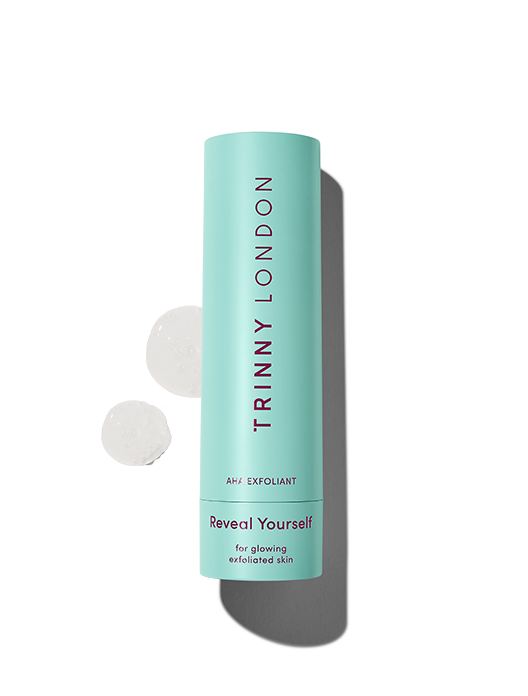
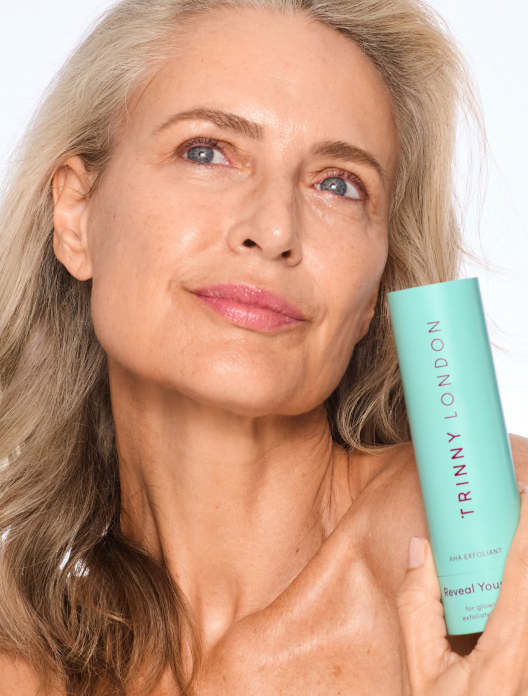
Highly active exfoliant for glowing skin, suitable for all skin types except sensitive